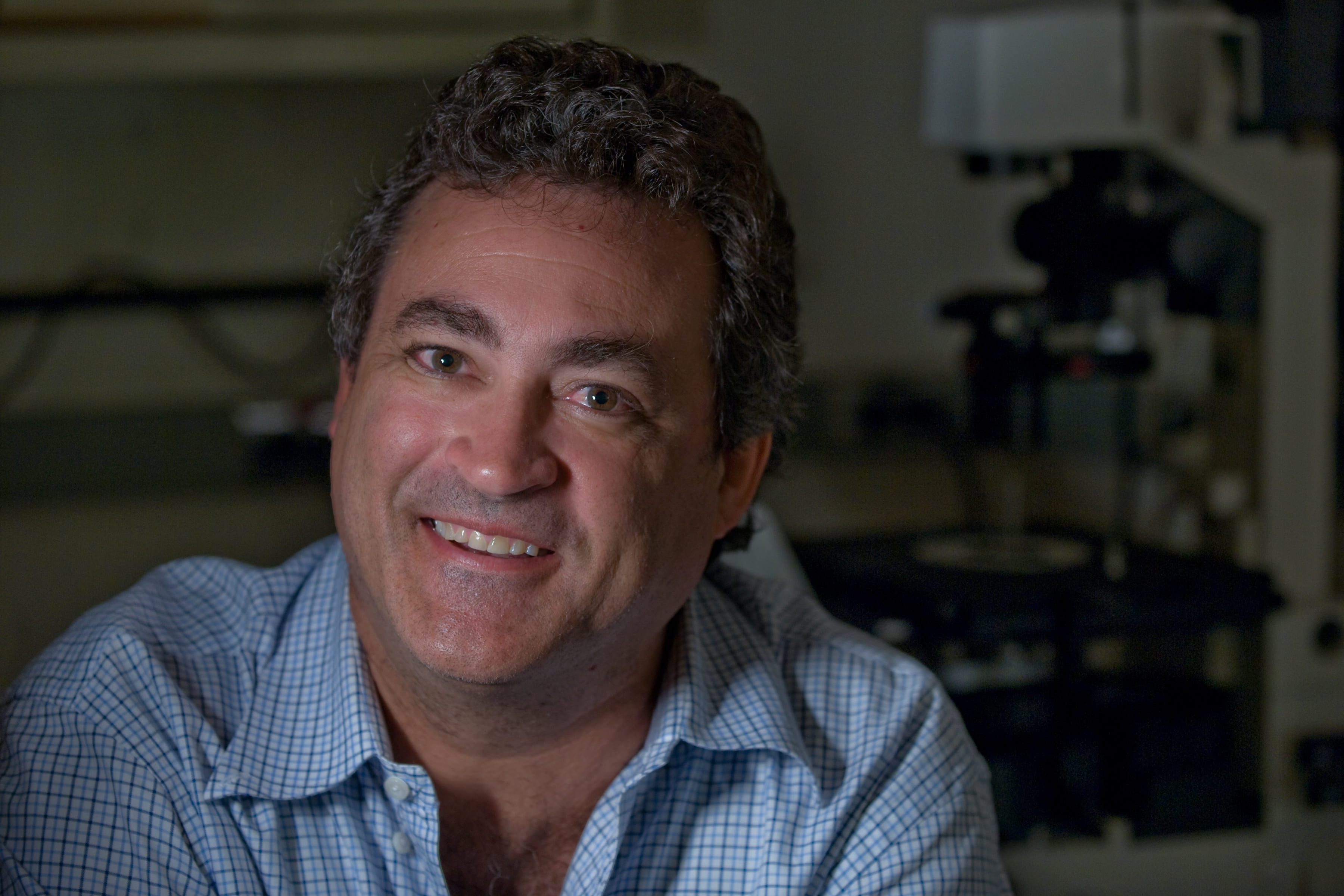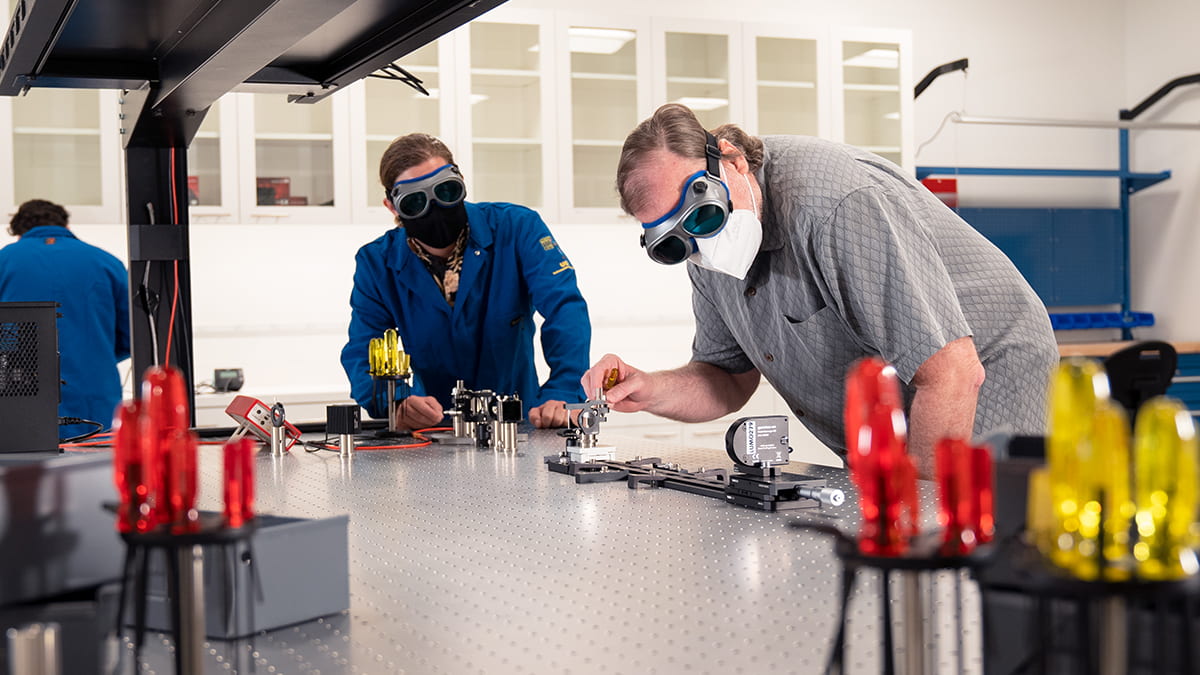NASA awards UCI $9 million to study underlying mechanisms of ‘space brain'
Charles Limoli will lead effort to see how cosmic radiation affects astronauts’ cognition

Irvine, Calif., March 17, 2015 — With $9 million in NASA funding, UC Irvine professor of radiation oncology Charles Limoli will lead a national effort to understand the early and long-term effects of space radiation on the central nervous system.
Exposure to the dangerous radiation fields in space has been shown to impair the cognitive abilities of rodents, and this data suggests that astronauts who spend extended time in space may suffer similar consequences. Limoli’s team will look into the behavioral impairments of rodents attributed to space radiation exposure and the underlying causes of these deficits, including studies to quantify the structural and functional alterations to nerve cells.
This “space brain” project is part of NASA’s Human Research Program, which is funding three new NASA Specialized Centers of Research on space radiation. Investigating how such radiation affects astronauts and learning ways to mitigate those effects are critical to further human exploration of space, and NASA has set its sights on exploring an asteroid and, ultimately, Mars.
Collectively, the three NSCOR teams comprise 25 investigators from 13 institutions in eight states and the District of Columbia. Limoli’s group includes researchers from UCI, Loma Linda University and the Eastern Virginia Medical School. The radiation exposure studies will take place at the NASA Space Radiation Laboratory, located at the Brookhaven National Laboratory in Long Island, N.Y.
“The space environment poses unique hazards to astronauts, since a range of potential central nervous system complications can result during and after actual space travel,” Limoli said. “We plan to conduct a comprehensive series of rodent studies to characterize the neurobiological mechanisms involved with radiation-induced cognitive impairment.”
Results will inform efforts to minimize the effects of solar and galactic cosmic radiation on the central nervous system.
As a member of the Chao Family Comprehensive Cancer Center at UCI, Limoli studies how cranial irradiation triggers DNA damage, oxidative stress and structural alterations to neurons – issues important to not just astronauts but also patients subjected to radiotherapy for brain cancer. In addition, he has advanced preclinical research showing that stem cell treatments can limit cognitive deficits after cranial radiotherapy or systemic chemotherapy.
Fellow UCI investigators on the NASA project are Ivan Soltesz, professor and chair of anatomy & neurobiology; Munjal Acharya, assistant professor of radiation oncology; and Janet Baulch and Vipan Kumar, project scientists in Limoli’s research group.
About the University of California, Irvine: Currently celebrating its 50th anniversary, UCI is the youngest member of the prestigious Association of American Universities. The campus has produced three Nobel laureates and is known for its academic achievement, premier research, innovation and anteater mascot. Led by Chancellor Howard Gillman, UCI has more than 30,000 students and offers 192 degree programs. It’s located in one of the world’s safest and most economically vibrant communities and is Orange County’s second-largest employer, contributing $4.8 billion annually to the local economy. For more on UCI, visit www.uci.edu.
Media access: Radio programs/stations may, for a fee, use an on-campus ISDN line to interview UC Irvine faculty and experts, subject to availability and university approval. For more UC Irvine news, visit wp.communications.uci.edu. Additional resources for journalists may be found at communications.uci.edu/for-journalists.


